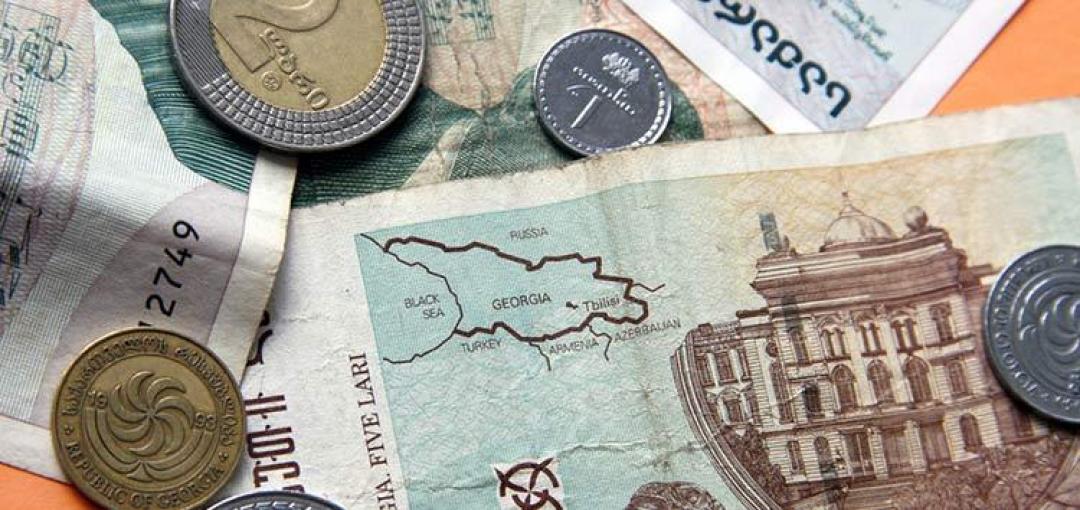
Georgian Business Association voices concerns over exchange rate

On 6 November, the Business Association of Georgia announced that the current situation in the foreign exchange market was „alarming“ and that it requires a timely intervention as the devaluation of the national currency and an unstable exchange rate 'weaken economic activity and hinder investment activities, reported agenda.ge.
The association suggested that at least during the pandemic, additional approaches should be developed that would return the foreign exchange market to equilibrium and avoid „a very heavy blow to Georgian business“. „All these types of assistance are provided through the conversion of foreign currency received in lari. Therefore, it is important for the National Bank to ensure the supply of foreign currency resources attracted to the market in order to sterilise the increased money supply in the circulation channels. In order to reduce the pressure on the foreign exchange market during this difficult period, the National Bank of Georgia should continue to supply foreign currency through foreign exchange auctions and make up for the currency shortfall caused by the pandemic in the country,“ read the statement of the Business Association.
On 2 November, the National Bank of Georgia (NBG) sold $60 million at foreign exchange auction, which was the 21st intervention of the institution in 2020 and as of now the bank has sold $709.65 million in total. The NBG Head Koba Gvenetadze explained that the purpose of the interventions is not to control the lari's depreciation against the US dollar, but to supply foreign currency to the market.
Georgia’s Finance Minister Ivane Machavariani said that the depreciation of the lari was caused by the current political tensions in the country. „The depreciation of the lari is a reaction to the radicalism that reigns in the country on political grounds. At the same time, these tensions in turn contribute to the further spread of the virus,“ he stated. Machavariani added that it was important for the political process to return into a constructive framework, within the walls of the parliament, which will have a positive impact on the lari exchange rate.
See Also


Armenia and Russia Reaffirm Strategic Ties Amid Speculation of Strained Relations

Sergey Naryshkin Accuses Britain of Destabilizing Georgia

Armenia Records 5.9% GDP Growth in 2024, Missing 7% Goal

Yerevan Balances Strategic Ties with Both US and Russia, Says Foreign Minister

